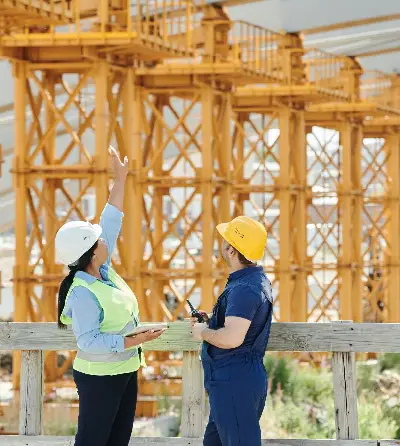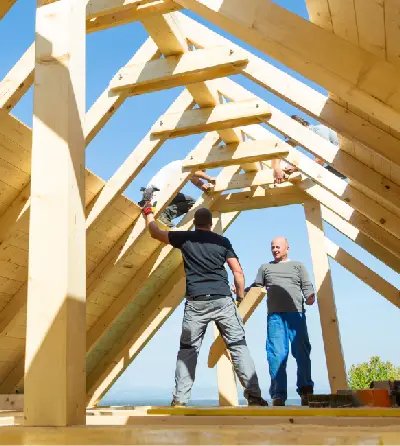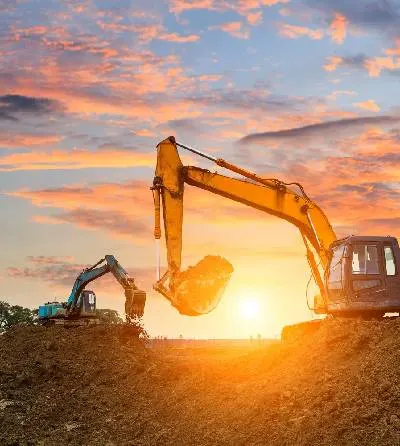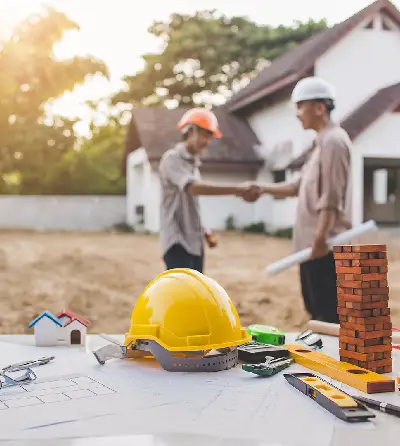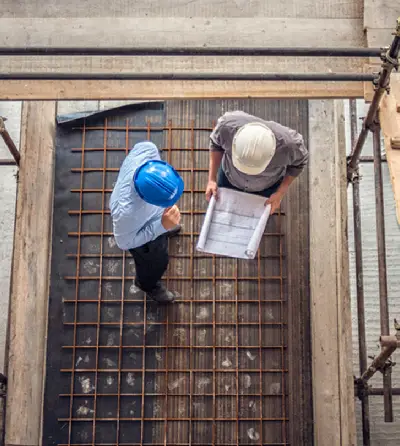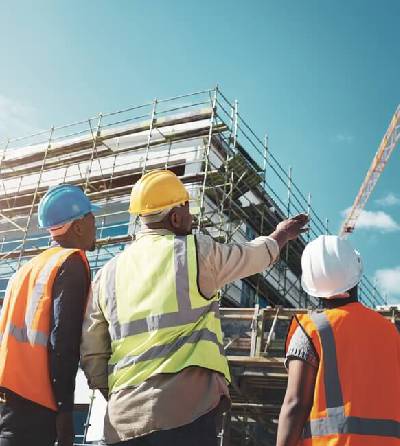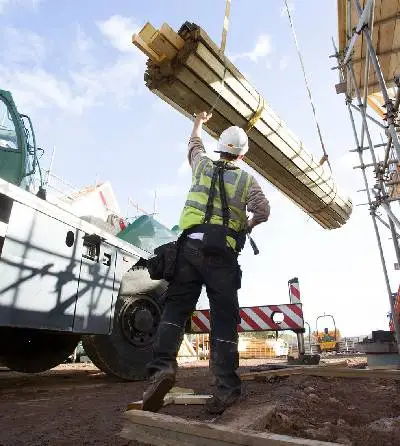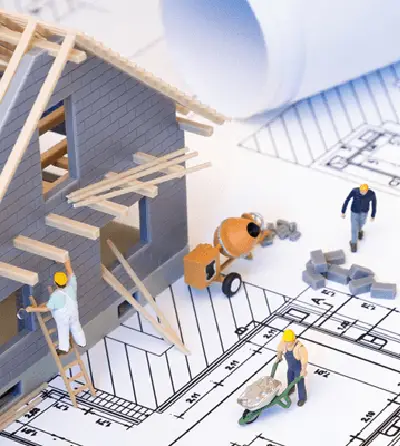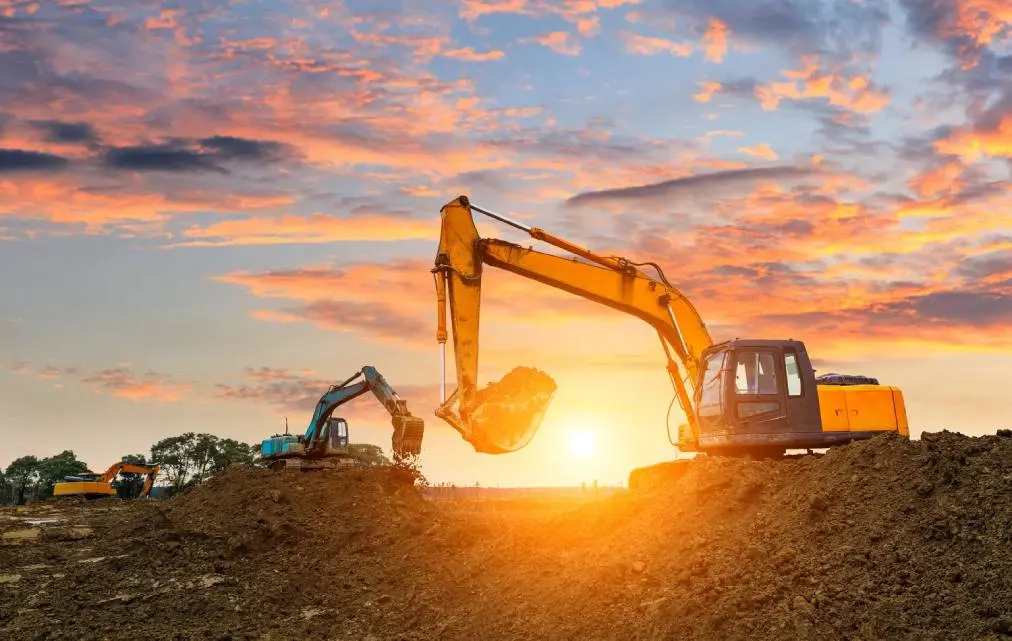
Category : Blog
Date :14 June 2024
Author : Ravi
How to Evaluate Land for Development Potential in Texas
Evaluating land for development potential in Texas is a multifaceted process that requires careful consideration of various factors. At Texas Sparks Constructions, our expertise in land development ensures that every project we undertake maximizes the potential of the land while adhering to the highest standards of quality and sustainability
Whether you’re planning to build residential properties, commercial spaces, or recreational facilities, understanding these factors can help you make informed decisions and maximize your investment. Here’s a comprehensive guide to evaluating land for development potential in Texas.
Location and Accessibility
Proximity to Urban Centers and Amenities: The value of a property is significantly influenced by its location. Land near urban centers, schools, healthcare facilities, and shopping centers typically commands a higher price due to increased demand. Assess the availability and convenience of amenities and services that will appeal to potential buyers or tenants.
Access to Transportation Routes: Easy access to major highways, interstates, and public transportation can enhance a property’s appeal. Consider the connectivity and ease of access to the land, as well as the quality of roads leading to it. Properties with good transportation links are generally more attractive for development.
Neighborhood and Surrounding Area: The growth potential and development trends in the surrounding area play a crucial role. Investigate the local economy, ongoing or planned infrastructure projects, and nearby attractions. These elements can significantly impact the desirability and value of the land.
Natural Features and Land Quality
Topography and Elevation: The physical characteristics of the land, such as its elevation and slope, can influence its development potential. Flat or gently sloping land is generally easier and less expensive to develop than steep or uneven terrain. Additionally, land with scenic views or unique natural features can be more appealing for residential or recreational developments.
Soil Quality and Drainage: Soil quality affects the suitability of the land for various uses. Conduct soil tests to determine its fertility and stability, especially if you plan agricultural or horticultural developments. Good drainage is also essential to prevent flooding and other water-related issues.
Water Resources: Access to water is a critical factor for most types of development. Evaluate the availability of water resources such as rivers, lakes, wells, or aquifers. The presence of a reliable water source can enhance the land’s value and usability, especially for agricultural or residential purposes.
Land Use and Zoning Regulations
Current and Potential Land Use: Understanding the current use of the land and its potential for different types of development is essential. Agricultural land, for example, may be convertible into residential or commercial property, depending on zoning laws and market demand. Assess the land’s productive capacity and existing improvements, such as buildings or infrastructure.
Zoning and Legal Restrictions: Zoning regulations and local ordinances dictate what can be built on the land and how it can be used. Check the property’s zoning classification and any restrictions that may apply. These regulations can impact the feasibility of your development plans.
Easements and Encroachments: Easements granting access or utilities to neighboring properties, as well as encroachments or boundary disputes, can affect the land’s value and usability. Ensure there are no legal complications that could hinder your development project.
Market Trends and Economic Indicators
Comparable Sales and Market Data: Analyze recent sales data of similar properties in the area to understand the market value and demand. Comparable sales provide a benchmark for evaluating land value and setting realistic price expectations.
Economic Trends: Keep an eye on local, regional, and statewide economic trends, including property values, supply and demand factors, and broader economic indicators. These trends can offer insights into the future potential and growth of the area.
Expert Opinions: Consulting with real estate professionals, appraisers, and industry experts can provide valuable insights into property values and market conditions. Their expertise can help you make informed decisions and identify the best opportunities for development.
Infrastructure and Future Planning
Utility Access: Consider the availability of essential utilities such as water, electricity, gas, and internet connectivity. Easy access to these services can significantly impact development costs and the attractiveness of the property.
Development Costs and Permits: Factor in the costs associated with land improvements, such as clearing, grading, fencing, and obtaining building permits. Planning for these expenses ensures that your budget aligns with your development goals.
Long-Term Vision: Think about the long-term potential and sustainability of the property. Evaluate its capacity for future expansion or additional development phases. Planning for the future ensures that your investment remains valuable and adaptable to changing market conditions.
Evaluating land for development potential in Texas involves a thorough analysis of location, natural features, land use, market trends, and legal considerations. By understanding these factors, developers can make informed decisions, set competitive prices, and create successful projects. With careful research and expert guidance, you can unlock the potential of Texas land and turn your development vision into reality.


